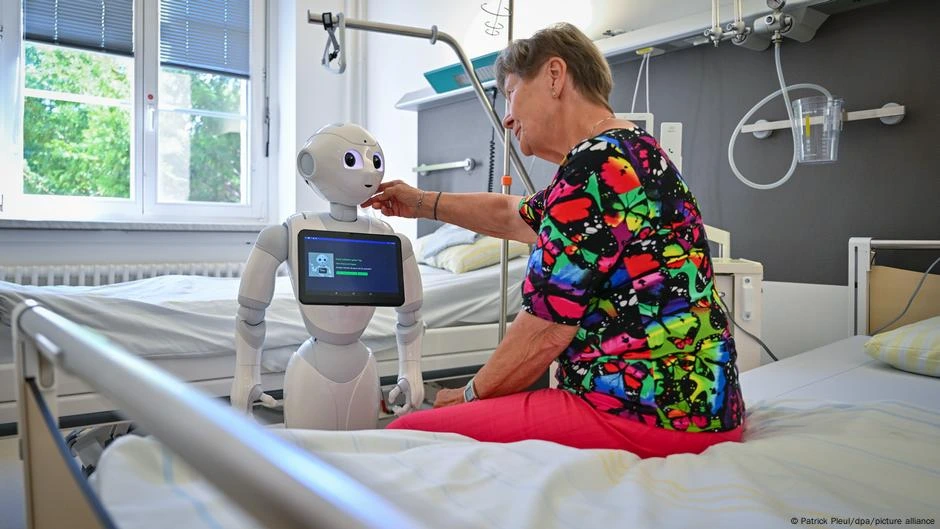A new study conducted by Johns Hopkins University and published in the journal JAMA revealed that an application entirely powered by artificial intelligence (AI) to promote lifestyle changes was able to reduce the risk of prediabetes as effectively as traditional programs led by human specialists.
The first randomized phase III clinical trial confirmed that the digital program meets CDC standards, with about 31% of participants in both groups achieving prevention goals after one year.
The study, which involved 368 participants, demonstrated the superiority of the AI application in accessibility, leading to higher participation and completion rates — 93.4% versus 82.7% for participation, and 63.9% versus 50.3% for completion.
According to Benjamin Lalani, co-author of the study, the biggest obstacle to completing a diabetes prevention program is getting started, often due to logistical barriers. He noted that easier access significantly increased people’s willingness to take part.
Researchers believe these findings pave the way for a broader adoption of AI technologies in preventive healthcare, particularly among populations facing difficulties attending human-led programs.
Finally, Nestoras Mathiodakis, the principal investigator, emphasized that the significance of the study lies in its direct comparison between AI-led and human-led interventions, noting that AI-powered programs can be automated and available around the clock, making them more resilient to challenges and opening the door to personalized, continuous, and flexible healthcare delivery.


